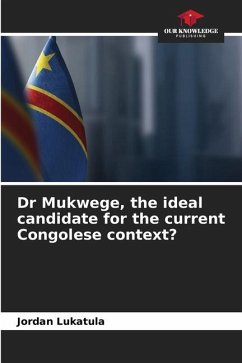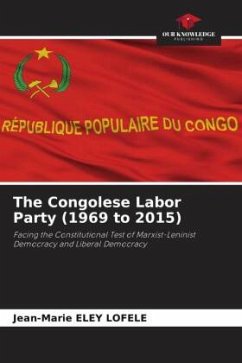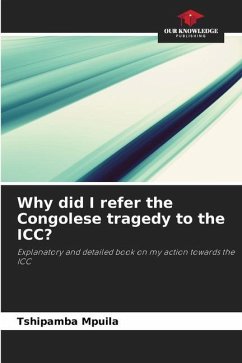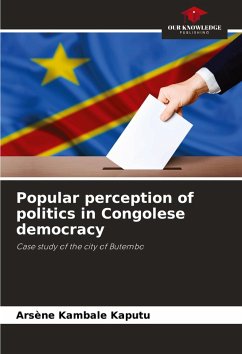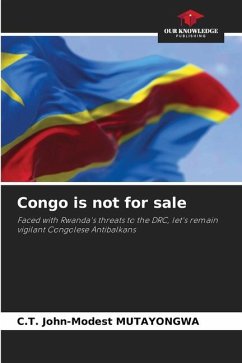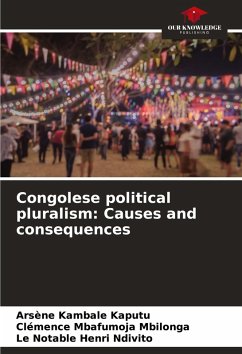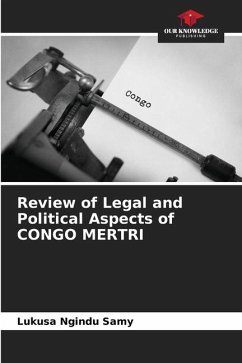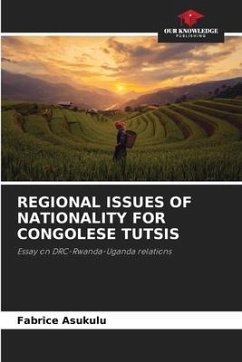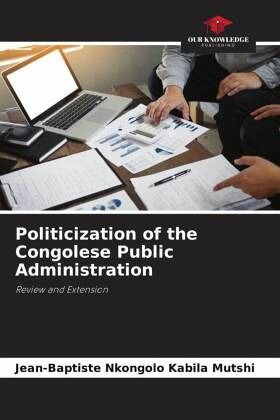
Politicization of the Congolese Public Administration
Review and Extension
Versandkostenfrei!
Versandfertig in 6-10 Tagen
53,99 €
inkl. MwSt.

PAYBACK Punkte
27 °P sammeln!
For several decades in the DRC, the administrative function and the missions of the Administration have been increasingly weakened, even though it is known that the latter does not have its own missions. In the management of a State, the division of labor is well established. It can be summed up simply in the sentence "the political power commands and the public administration executes". To be precise, the Minister (his cabinet) commands and the General Secretariat (the Public Administration) executes. However, one cannot ignore that this subordination of the public administration does not exc...
For several decades in the DRC, the administrative function and the missions of the Administration have been increasingly weakened, even though it is known that the latter does not have its own missions. In the management of a State, the division of labor is well established. It can be summed up simply in the sentence "the political power commands and the public administration executes". To be precise, the Minister (his cabinet) commands and the General Secretariat (the Public Administration) executes. However, one cannot ignore that this subordination of the public administration does not exclude its autonomy, which is quite technical. Clearly, on the ground, the political power tends to do everything. It brutally confiscates, consciously or unconsciously, the competences of the State apparatus. Political decisions are taken by the political power and are also executed by the same decision-maker. That is why this opus analyzes the relationship between the ministerial cabinets and the general secretariats in order to identify the causes of politicization and the related consequences with a view to proposing appropriate solutions to this problem.



